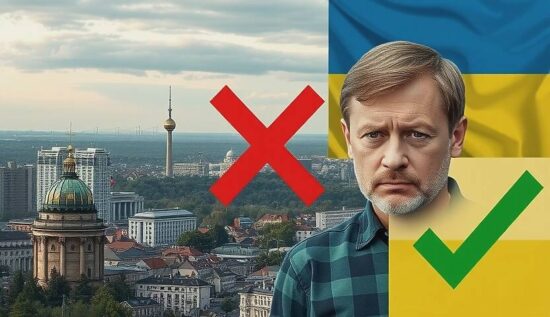Ukraine’s Decision to Halt Russian Gas Transit to Europe Expected to Cost $1 Billion a Year
Ukraine’s decision to stop the transit of Russian gas to Europe will cost the country up to $1 billion a year, as it will no longer receive fees from Moscow, according to a report by Reuters on Wednesday. The government plans to offset the financial loss by significantly increasing the tariffs for the national industry, the news agency added.
Ukrainian Prime Minister Volodymyr Zelenskyy hailed the move, calling it a “historic event” that will inflict “financial losses” on Russia. He, however, did not comment on the potential impact of the decision on Ukraine’s economy.
According to Reuters, Ukraine has effectively quadrupled its tariffs for domestic gas transportation. As of January 1, 2025, the new tariff will be 502 hryvnia (approximately 11.79 euros) per 1,000 cubic meters, up from 124 hryvnia previously. This change could cost Ukraine’s industry over 1.6 billion hryvnia (approximately 37.2 million euros) annually, the agency reported.
Ukraine’s transit network is connected to the pipelines of Moldova, Romania, Poland, Hungary, and Slovakia, which in turn reach Austria and Italy. The EU Commission has downplayed the impact of the end of the gas agreement, stating that the EU’s gas infrastructure is flexible enough to supply gas of non-Russian origin.
“The infrastructure has been strengthened since 2022 with significant new LNG import capacities” a Commission spokesperson told journalists.
Bloomberg reported on Thursday that the news of Ukraine halting Russian gas transit is likely to trigger an increase in LNG prices in Asia, and noted that European consumers still need to replace about 5% of their gas with alternative sources. The transit stop has already led to a rise in prices in the EU for the first time in over a year, with prices reaching 50 euros per megawatt-hour.
The move has also drawn criticism from Bratislava. Slovak Prime Minister Robert Fico expressed concern over the impact on his country and lamented the dominance of “egoistic national interests” and “nonsensical geopolitical goals” in the EU.





